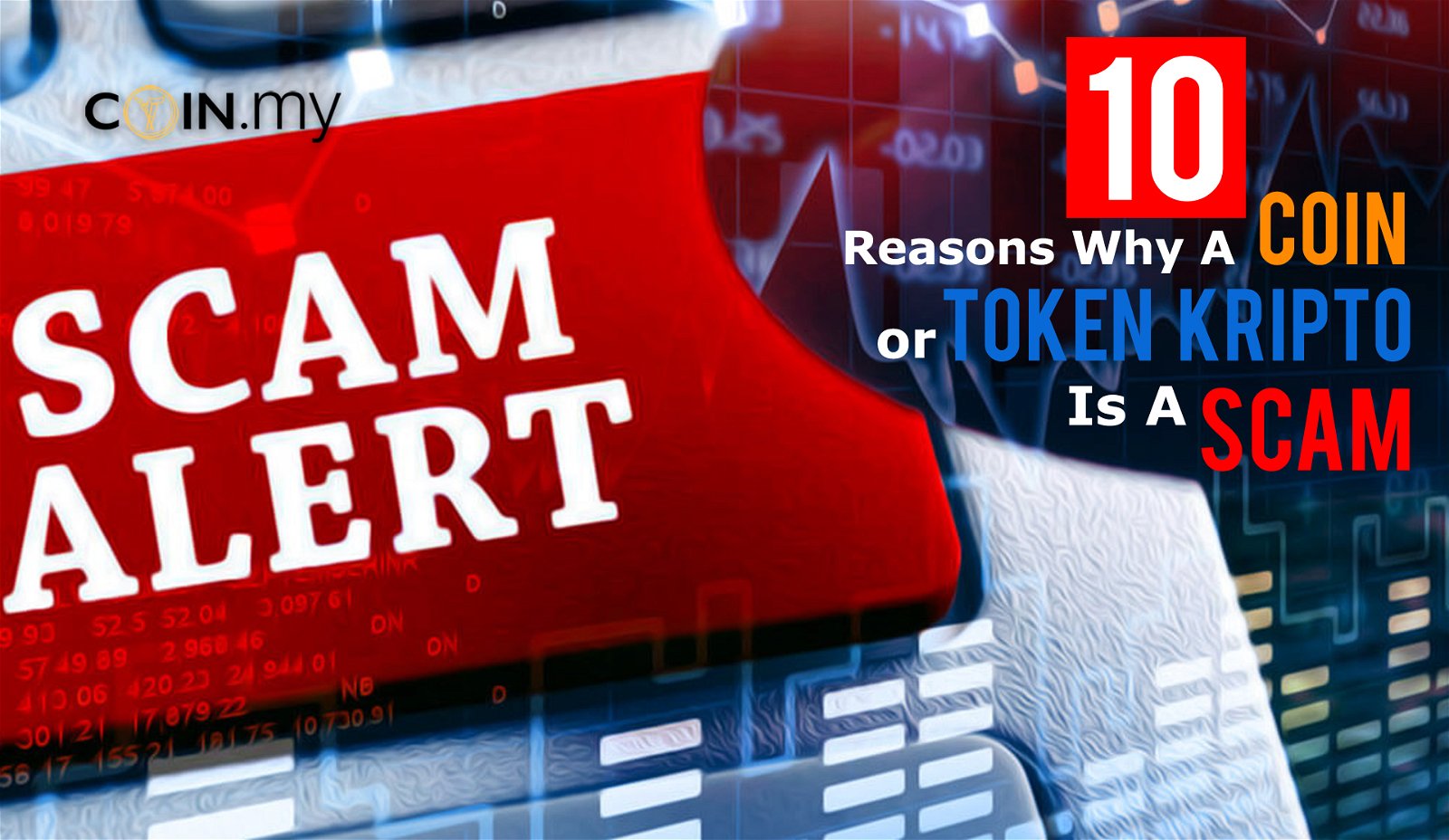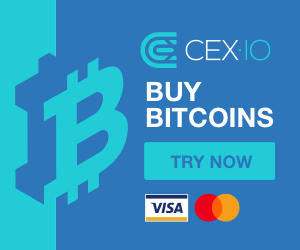10 Reasons Why A Coin or Token Is A Scam

We all know that scam can happen anywhere at any time. As long as there are vulnerable people who are quick to believe someone else’s words, or too plain lazy to do some basic due diligence or even just naturally naive, there will always be people who prey over them and cheat them out of their hard-earned money.
To the point that some of these people are in denial, where even if there is hard, concrete proof in front of their eyes that it is a scam, they are still willing to say that it’s genuine. Seriously. These people are either: 1) too late because they’ve invested most of their savings so they need to have hope that it’s not a scam, or 2) knowingly involved in the scam and they don’t want bad press as they need to scam more people.
Both types are equally bad, and yet how many people are successfully cheated every day? Why? It’s hard to know the reason because it’s not as if you can’t find out whether something is a scam or not. And here we’ve curated a list posted by the Director of Ifcon Technology, who coincidentally also owns coin.my on 10 reasons why a coin or token is a scam.
Here is the list:
- The owner, founder or co-founder already has a bad reputation and history of being involved in scam activities. A leopard doesn’t change its spots, you guys.
- There is no mention of the owner’s name or anyone else that is responsible for the development of the coin or token. If there are, these people are virtually unreachable.
- The project does not explain clearly it’s business model or how it provides utility. For example: Ethereum provides a platform to develop smart contracts and deploy dApps and it creates demand. Ripple’s products focus on providing its network to banks around the world for cross-border transaction. A scam, on the other hand, has no business only networks.
- It promises passive income from investment or monthly or even daily rewards if you buy the coin/token.
- The architecture is similar to a MLM program that promises commission or bonuses the more people you con into it. If it looks like a pyramid scheme, and speaks like a MLM, it’s a scam!
- There exists a hierarchical structure with leaders/up-lines at the top with down-lines at every level that sell these coins or tokens.
- The original coins/tokens are replaced by new coins/tokens with the reason of system upgrades or migrations. Fact: Other cryptocurrencies go through hundreds of upgrades without having to change to new cryptocurrencies.
- Selling pipe dreams that one day the coin/token will rocket to the moon, beating even Bitcoin. Reallyyyyy?
- Coins/tokens don’t have other utilities or use except for HODLing or traded in the exchanges.
- The project has no clear roadmap or future plans. And even if they do, they rarely reach targeted milestones on time, citing issues for the delay. This drags on and on and on until they lose investors as fast as they spend the initial money collected.
Aliff Ahmad
Pengarah Ifcon Technology
Link to Facebook post: https://www.facebook.com/100023534350738/posts/389977215130087?sfns=mo
As you can see, scams are pretty much common. It’s really not that hard to identify scams from genuine projects. Some may argue that you won’t know it’s a scam until it goes bust. But then again, do you want to risk investing in projects that have all the features in the list? If you still do, well, best of luck then.
Let us know when your investments fall through.
===
If you want to discuss about Bitcoin, cryptocurrencies and blockchain technology in Malaysia, join our community Bitcoin Malaya at FB and @CoinDotMy on Telegram. Also, don’t forget to follow us on Twitter and Instagram!




